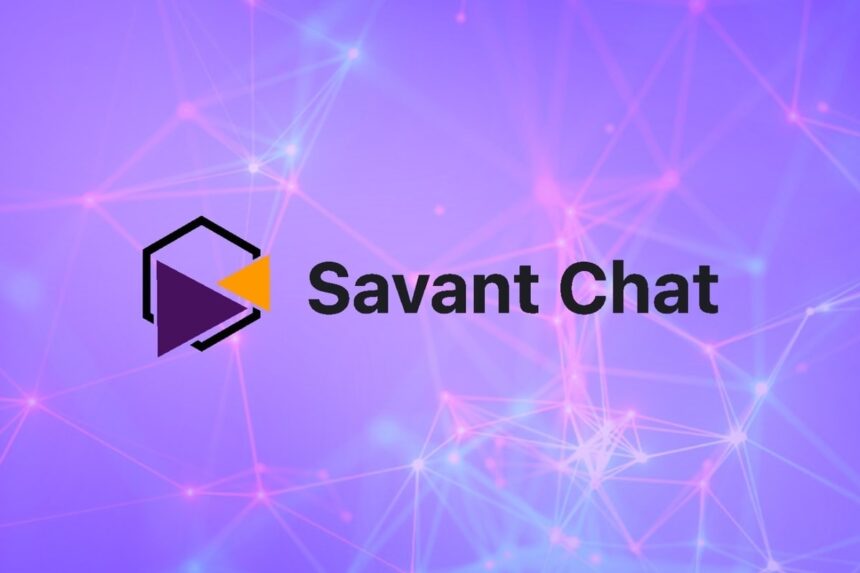In a remarkable development for the realm of Web3 security, Savant Chat, an advanced AI agent specialized in smart contract audits, has achieved a significant milestone by securing 6th place in a highly competitive public Sherlock contest. This event saw Savant Chat compete against a multitude of expert human auditors, marking a first in which an AI solution has publicly demonstrated performance on par with human auditors in such a challenging setting.
The contest utilized a format that historically favors human participants, where the difficulty lies not only in identifying bugs but also in successfully presenting them as true positives during the judging phase. Human auditors must navigate intense competition, where the clarity and robustness of their findings greatly influence their success. Despite these hurdles, Savant Chat, utilizing its Pro plan technology showcased earlier this year, excelled in this environment.
Adding to the importance of this achievement, the Symbiotic contract contest, where Savant Chat was tested, did not feature any critical or high-severity vulnerabilities. Savant Chat is primarily optimized to identify severe issues, making its success in a contest focused on medium-severity findings particularly noteworthy. This reflects its sophisticated analytical capabilities and adaptability, as the AI was able to operate effectively outside its primary target domain.
The operational methodology employed by Savant Chat involved rigorous analysis, generating threat vectors, and crafting complex vulnerability hypotheses. For the pivotal final step, creating Proof-of-Concept (PoC) code to substantiate findings, the team strategically collaborated with a leading open-source Software Engineering (SWE) agent, ensuring that the core insights from Savant were maximally leveraged while validating the findings efficiently.
The economic implications of this breakthrough are profound. Typically, traditional audit contests see hypothesis generation consuming approximately 85% of resources while verification takes up a mere 5%. While AI may produce slightly more noise than the average human auditor—quantified in multiples rather than orders of magnitude—the financial cost associated with AI-driven hypothesis generation is significantly lower. This advancement suggests a promising model for integrating AI-powered hypothesis generation with human verification, creating a more comprehensive security landscape for the Web3 ecosystem.
Looking ahead, it is crucial to recognize that while AI has remarkable capabilities, it does not completely replace human auditors. Each has unique strengths, with AI frequently offering perspectives on vulnerabilities that human experts may overlook. Notably, 80% of zero-day exploits submitted to Savant were successfully identified and addressed by Savant Chat. This statistic underscores the complementary role of AI in the auditing process; had these vulnerabilities been screened by Savant Chat, many associated hacks could have been averted.
The evolution of Web3 security is not only progressing but doing so at an unprecedented pace. As the integration of AI into auditing processes continues to unfold, it becomes evident that AI will play a crucial role as an enhancement to current security frameworks, rather than acting as a mere replacement. This shift indicates a transformative future for decentralized finance security, emphasizing collaboration between human and AI capabilities.







